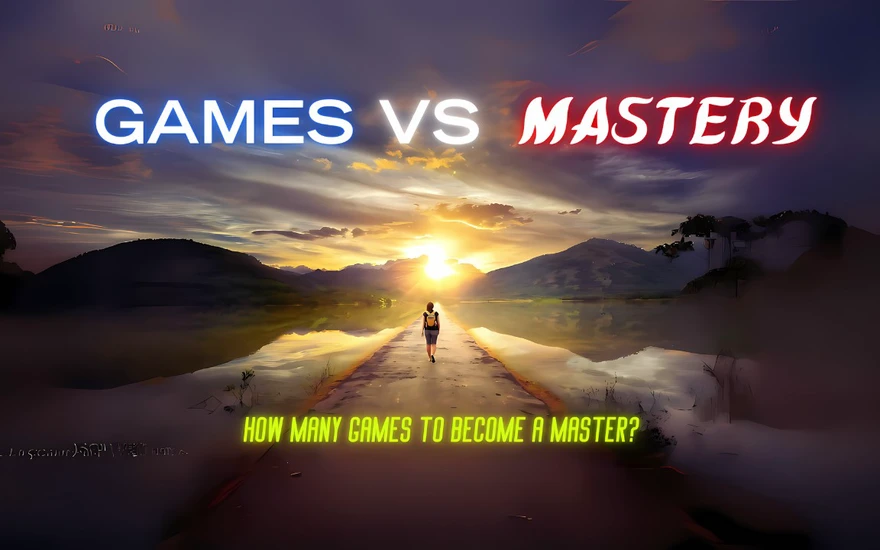
Games vs Mastery: How Many Games to Become a Chess Master?
How Many Games to Become a Chess Master? : Chess Games for Masteryto become a chess master means going through a long journey of laborious work: it involves brain-racking strategies and hundreds, if not thousands, of hours to improve the game. The number of games a player has gone through may be huge, but that is not all. In this blog, we view the ceiling for the average number of games to chess masternominal while drawing on the experiences of some of the most popular and highly rated players. Much more importantly, we discuss other critical factors that give rise to mastery in chess. By the end, we will provide a rough estimate of how many games it takes to achieve different levels of chess mastery.
Insights from Top-Rated Players
Magnus Carlsen
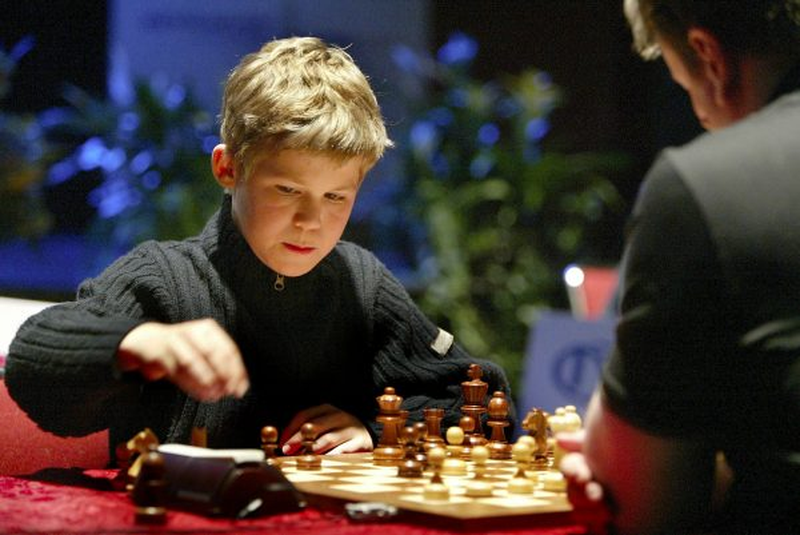
Magnus Carlsen is the current World Chess Champion, who is viewed with awe as a player with incredible skill and strategic acumen. Of course, for Carlsen, the top was achieved by playing thousands of chess games, both OTB and online. By 13 years of age, he has played about 1,200 rated OTB games. His online games, which include blitz and bullet chess games easily run into tens of thousands. That might have contributed a lot to his growth as a chess player.
Hikaru Nakamura
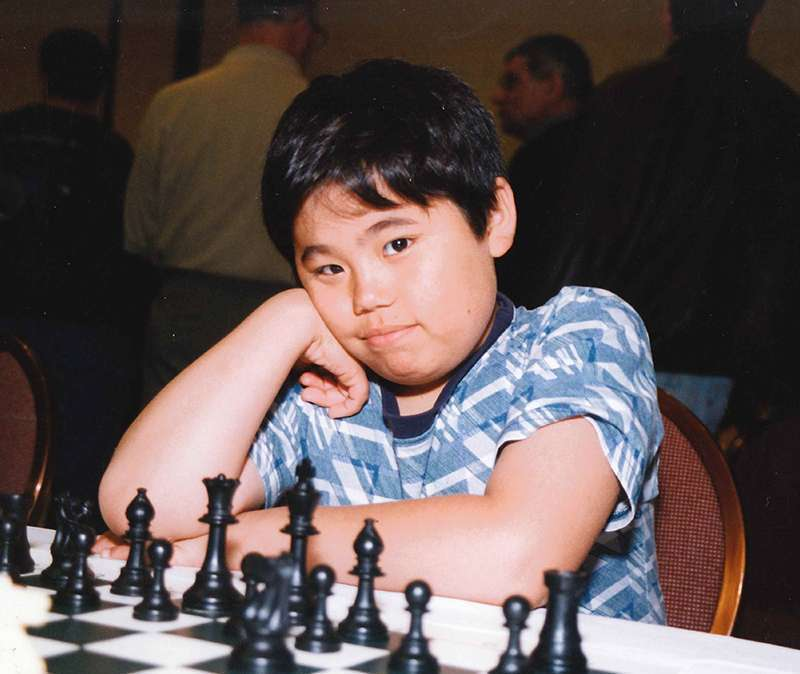
The other top-rated player who happens to be a prolific streamer is Hikaru Nakamura. He has regularly played an enormous number of games himself. His online presence enabled him to quickly play thousands of games on Chess.com and Lichess. There was mix with OTB and online play in Nakamura's journey towards the GM title he earned at age 15, and by his estimate, more than 10,000 games played before getting the title.
Judit Polgar
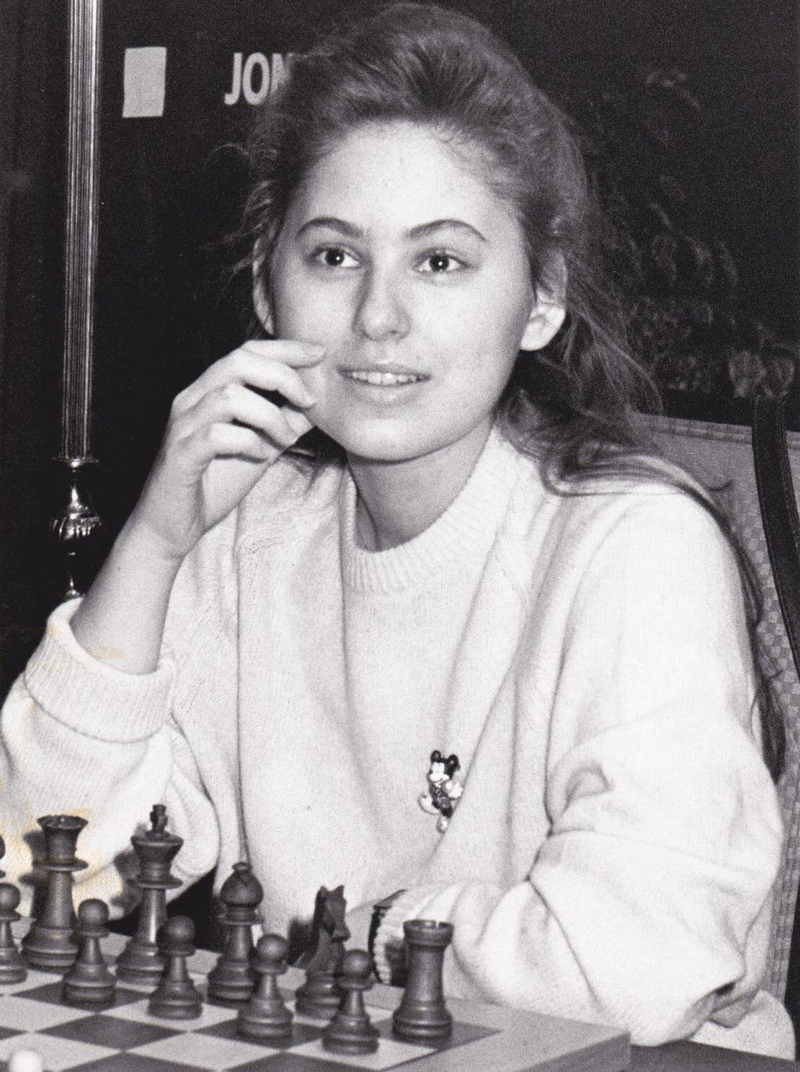
One of the examples is that of the strongest female chess player to have lived, Judit Polgar. At age 15, she became an international master and then a grandmaster. Her play is described as aggressive and tactical. Polgar's practice consisted of dedicated, hard practice and ample playing of quality games both in competitions and in informal circles. There have been reports that she played some 7,000 games before becoming an international master.
Factors Influencing Mastery in Chess
Quality of Practice

While getting in as many games as possible is important, quality of practice is important, too. Playing stronger opponents, going through games to see what happened, and improving from mistakes are significant contributors to improvement. Following are a few specific areas of quality practice:
- Analyzing Losses: Rather than playing games, it is cardinal to evaluate what mistakes were made which ensured the loss of the respective game. The self-reflective approach helps not to repeat similar mistakes.
- Playing different time control games: One should be able to play all chess variants, including blitz, bullet, and classical games, to gain experience in time management and other strategizing techniques.
- Endgame Practice: The endgame gives the principles for converting a slight advantage to win. Endgame practice improves skills in calculation and positional understanding.
Coaching and Mentorship
It is fast-tracked by guidance from experienced coaches and mentors. A well-structured training program backed by a coach who can give meaningful feedback and strategic insights can make all the difference. A good coach can help in:
- Identifying Weaknesses: A coach can identify needs in definite areas of weakness and suggest corrective exercises to improve.
- Setting Goals: A coach can set realistic and achievable goals that keep the player sewn to their work and motivated.
- Resource Provision: A coach would be in a better position to recommend a good resource—books, special software, and websites—which suit the level and requirement of the player.
The Role of Tournaments
Tournament play brings immense experience along. It is where players get exposed to varied styles and strategies, and this helps them adapt and improve their play. Some key benefits include:
- Pressure Handling: Tournaments simulate situations of high pressure, guiding players on how to manage stress and stay focused.
- Diverse Opponents: The more varied opposition one faces, the more it will help in understanding different playing styles or strategies.
- Rating Improvement: Participating regularly in rated tournaments helps track improvement and can give recognition within the chess community.
Study and Analysis

Deep study of chess openings, middle-game strategies, and endgame techniques is critical. Study of famous games and solving puzzles go a long way in developing a strong theoretical base. The key areas that need to be looked at must include:
- Openings: Mastering concepts and their derivative plans will assist in achieving an initiative from the early stages.
- Middle Game Tactics: Many tactics pose problems for your opponent, including forks, pins, skewers, and discovered attacks. Also, being on guard for pawn breaks, and when a positional sacrifice is going to be of use to you, can give strategic advantage.
- Endgame Techniques: Key concepts, such as king activity, opposition, and pawn promotion, must be learned to enable the conversion of any advantage into a win.
Psychological Elements
The most important aspects of playing chess are mental resilience, focusing, and pressure management. Once a player has developed a strong psychological game in chess, required in certain high-stakes matches, he or she can improve drastically in performance. This would consist of such important aspects as:
- Stress Management: Activities for keeping the mind calm and focused during games include deep breathing, visualization, and mindfulness.
- Confidence Building: Positive thoughts of self should be instilled in a player in order to be able to perform well under stress.
- Adaptability: Not getting rattled by unexpected moves or situations is a crucial ability.
More Advanced Strategies to Improve
Mastering the Middle-Game
Too often, this is where the battle is lost and won. Some of the important strategies for improving in the middle-game include:
- Positional Play: That is, understanding the strengths and weaknesses of different positions and making moves which improve the overall position.
- Pawn Structures: Assessment and exploitation of pawn-structural weaknesses, such as isolated pawns, backward pawns, and doubled pawns.
- Art of Decision Making: Balance between tactical and positional decisions—knowing when to attack, defend, or transition to the endgame.
Importance of Pawn Breaks
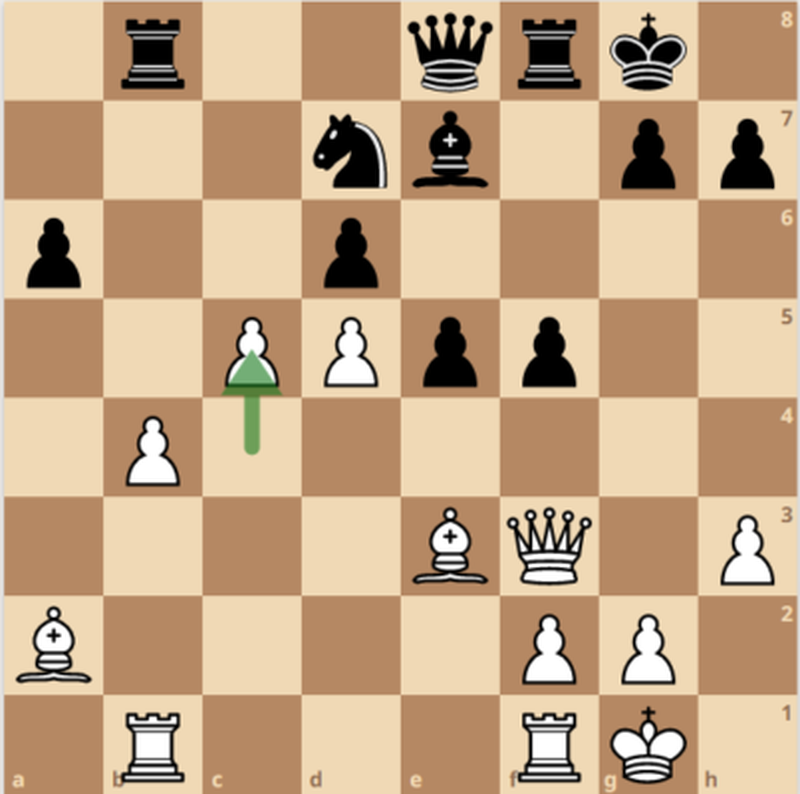
Pawn breaks can be very effective ways to break into the opponent's position and open active lines for your pieces; they turn around the course of a game. Key points include:
- Creating Weaknesses: Effective pawn breaks are capable of creating weaknesses in the opponent's camp.
- Piece Activity: Opening up lines and diagonals for your pieces, increasing the activity and potential of these pieces.
One should mention, of course, the correct timing of a pawn break. Unjustified premature breaks may lead to weaknesses in your own position.
Average Number of Games to Reach Different Levels
From Club Player to Expert (2000 Elo)
A player might have to play around 2,000 to 5,000 games to become an expert. These 2,000 to 5,000 games are a mixture of casual and competitive games along with regular study and analysis. The priority should be on:
- Basic Tactical Motives: Familiarity with typical tactical motives.
- Solid Opening Repertoire: Building a repertoire of solid openings.
- Simple Endgames: Knowledge of basic principles of endgames.
Expert to Master (2200 Elo)
To become a master one would need to have played about 5,000 to 10,000 games on average. At this stage of your chess career, you'll engage in more systematic training and start entering stronger tournaments. You will learn more advanced concepts. These will include:
- Advanced Tactics: Sophisticated combinations and skills in calculating variations.
- Middle-Game Strategies: Long-term planning and strategy, multi-move plans.
- Mastering complex endgame techniques.
Master to International Master (2400 Elo)
This title of International Master, very often, requires an additional 5,000 to 10,000 games, thus amounting to 10,000-20,000 games. At this stage, much greater dedication, advanced study, a lot of tournament experience are required. The principal factors are:
- In-depth Opening Preparation: Extensive knowledge of opening lines and novelties.
- Strategic Planning: Long-term planning and understanding of positional sacrifices.
- Endgame Mastery: The ability to play through difficult endgame scenarios.
International Master to Grandmaster (2500+ Elo)
To attain the level of a grandmaster, one would have to play some 20,000 to 30,000 games. At this level, one needs extensive high-level competitive experience, constant study, and an extraordinary deep understanding of the chess game. The Polar focus points would include:
- Opening Innovations: One needs to come up with new ideas in openings and prepare them in depth.
- Deep Strategic Understanding: Deep incorporation of positional play and pawn structure.
This, however, brought about one particular area of flawless endgame play that followed with the ability to win consistently from small advantages.
Conclusion
Becoming a chess master is a process requiring playing enough games, good practice, targeted study, and mental toughness. The number of games is very important, but it is the quality of the games and study that goes with them that really counts. This generally goes with churning through an average of 10,000 total games in order to become a master; however, the number sometimes varies from person to person and by the quality of practice. The aspiring chess player should not therefore focus on continuous improving whereas he learns from each and every game and enjoys the journey to mastering this discipline.
It is not about the quantity of games a player has gone through, but the depth of its understanding and strategic refinement that each game he does comes with. Enjoy the process. The road to chess mastery is not an easy task, but it can be if one follows the right approach religiously.
You may also like
 BenjiPortheault
BenjiPortheaultThe War on Attention
I’m done consuming chess content FM CheckRaiseMate
FM CheckRaiseMateHow Do You Stop Blundering?
The hardest problem to solve in chess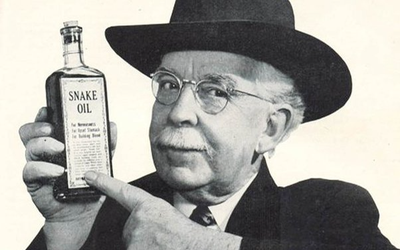 CM HGabor
CM HGaborHow titled players lie to you
This post is a word of warning for the average club player. As the chess world is becoming increasin… EagleLab
EagleLabThe shortest chess game in history
The shortest chess game in history MatthewKCanada
MatthewKCanadaMinimalist Opening Study
How to study openings in the spirit of “Don’t study openings!” EagleLab
EagleLab